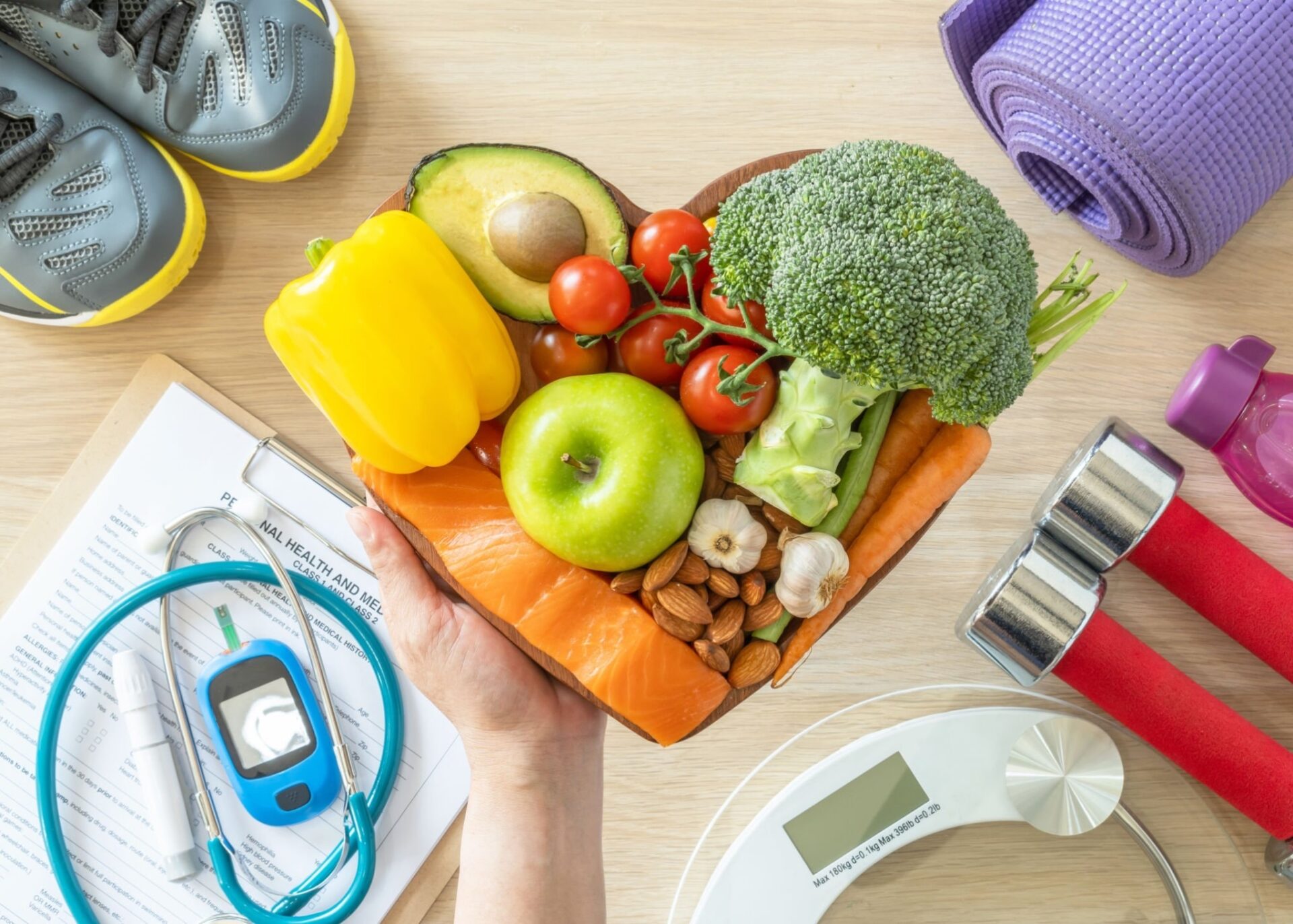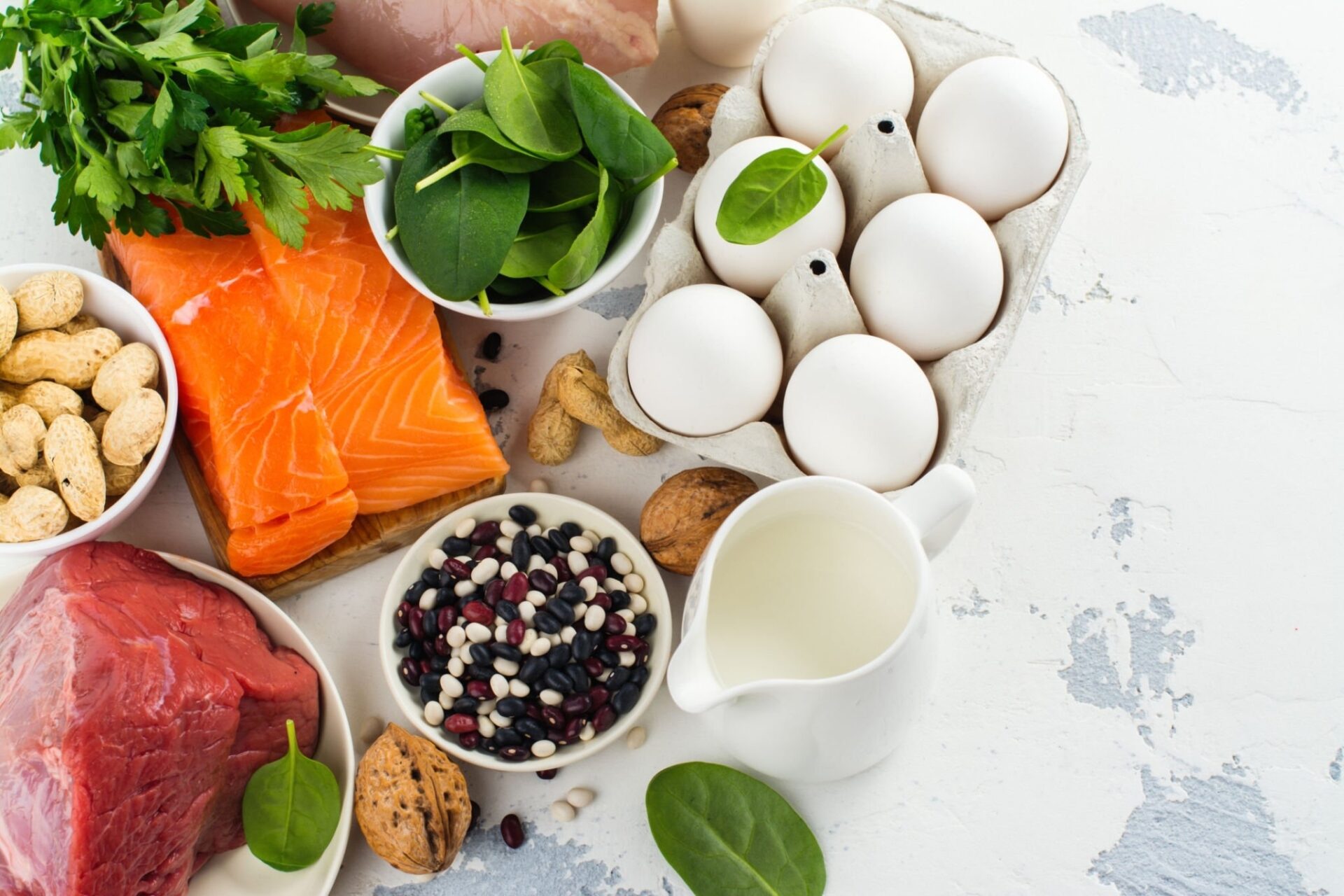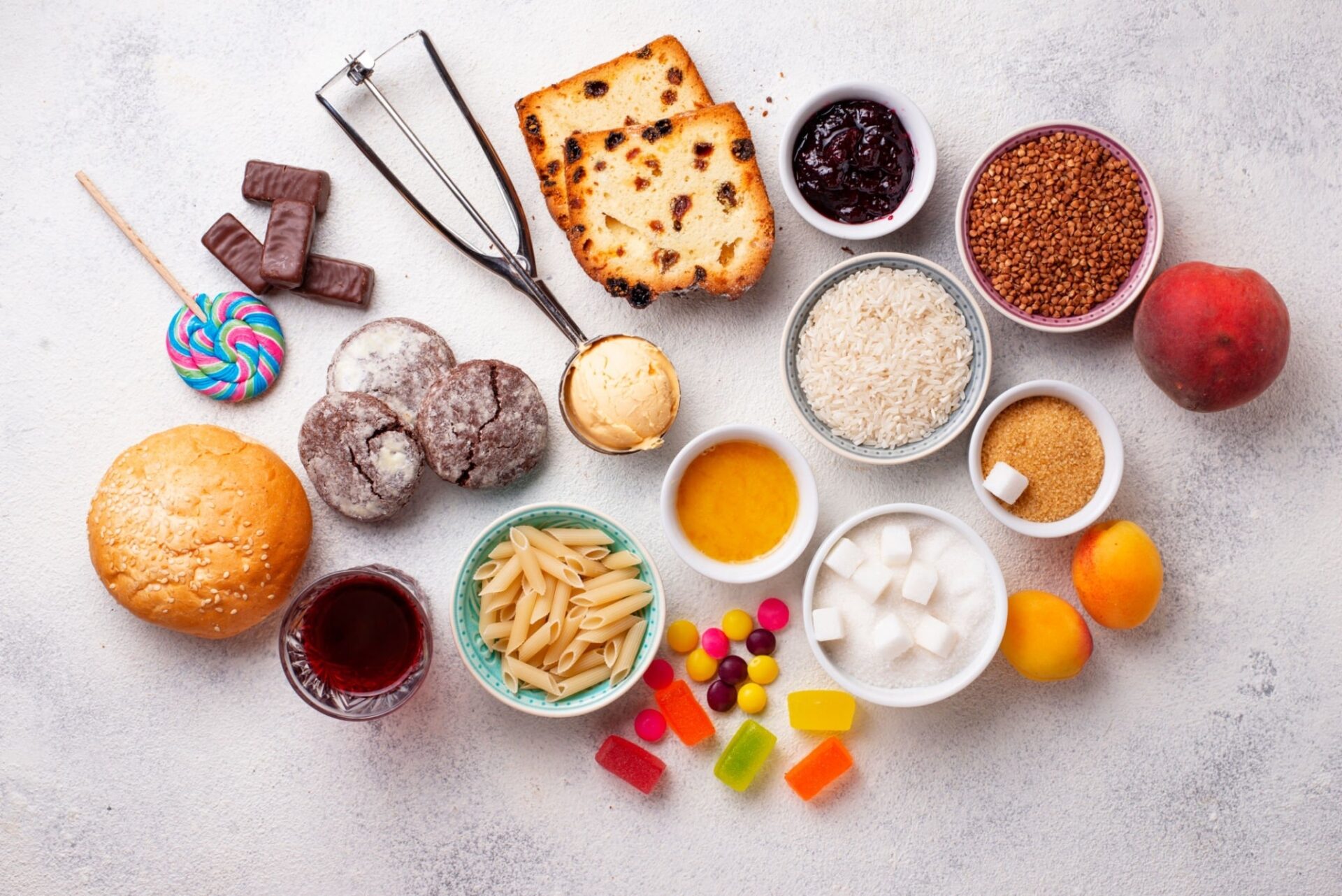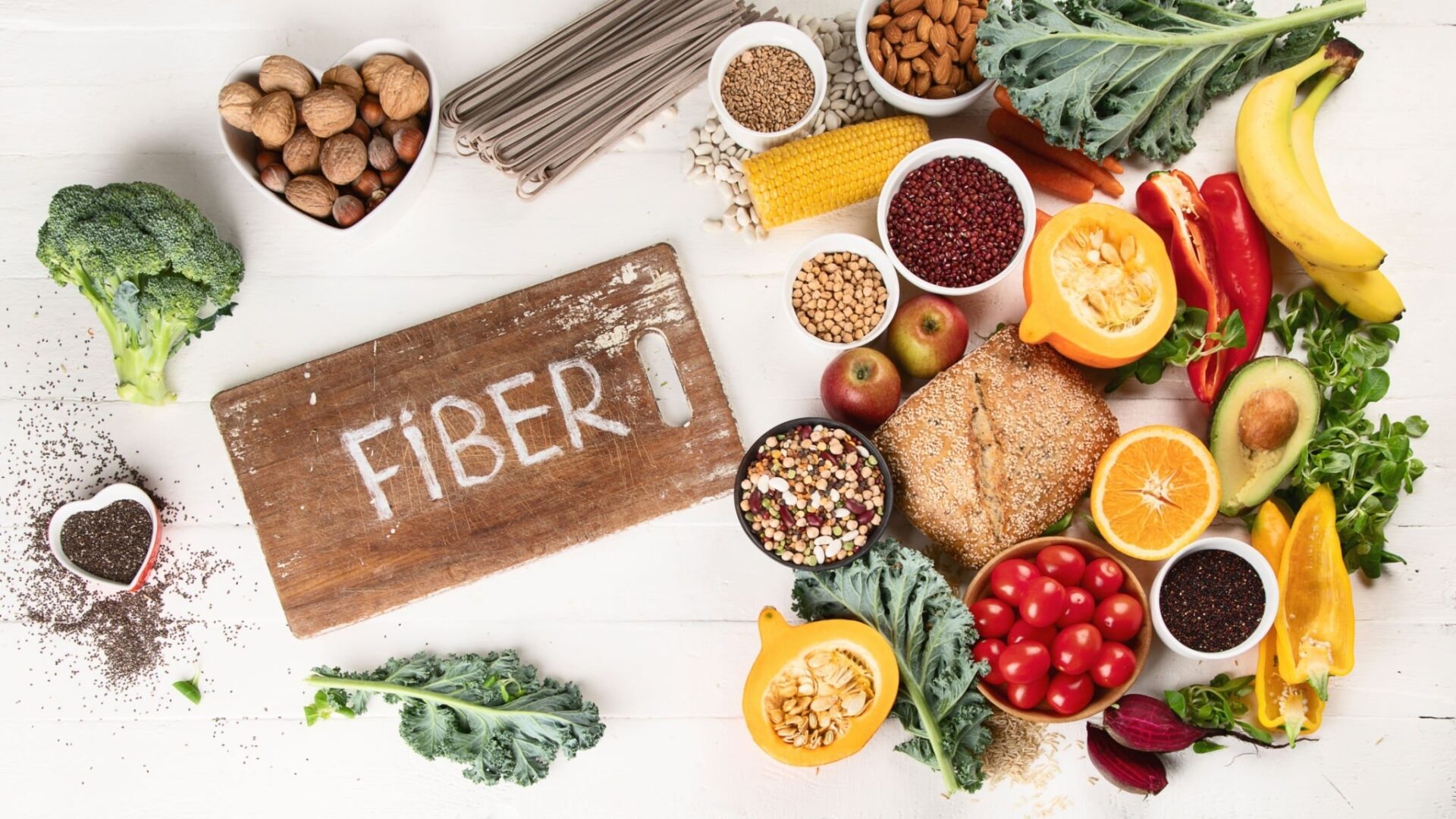
Diabetes is a chronic disease that affects the way your body uses and stores sugar. It’s estimated that nearly 26 million Americans have diabetes, and this number is expected to grow as the population ages.
The good news is that there are many things you can do to prevent or control diabetes if you get it early enough in life.
The bad news is that even though prevention is possible with proper diet and lifestyle choices, people with diabetes often find themselves on a roller coaster ride of blood sugar highs and lows due to their medications or other factors like illness or stress, and these fluctuations can make it difficult for them to manage their health effectively over long periods
What is diabetes?

Diabetes is a disease that affects the way your body uses sugar.
The most common types of diabetes are type 1 and type 2. In both types, the pancreas does not produce enough insulin or cannot use it properly.
Type 1 diabetes usually develops in children and young adults, but it can occur at any age (including adulthood).
Type 2 diabetes usually develops during adulthood and usually lasts for many years before requiring treatment.
Who is at risk for diabetes?
The risk of developing diabetes increases with age and family history, as well as being overweight or obese.
Physical inactivity is also a major factor that can increase your odds of developing diabetes.
Race/ethnicity (African American, Asian American, and Hispanic/Latino) and high blood pressure are other factors for which there may be an increased risk of developing type 2 diabetes.
The following guidelines provide information about how to eat to help manage your blood sugar levels:
How do you control and prevent diabetes?
Diabetes is a disease in which the body does not produce enough insulin or the cells fail to respond to the hormone.
Insulin is a hormone produced by your pancreas that helps convert sugar into energy for your body.
If you have diabetes, your body cannot use glucose (sugar) as an energy source, so it stores it in muscle cells and fat tissue, which causes weight gain and inflammation.
Carbohydrates and diabetes

Carbohydrates are a type of macronutrient, which is a source of energy. Carbohydrates are broken down into glucose and used for energy.
Carbohydrates can be found in grains, fruits, vegetables, milk products, and other plant-based sources. The glycemic index (GI) is a measure of how quickly a carbohydrate is converted to glucose after eating it or drinking it as fluids.
The higher the GI score gets—meaning more rapid digestion—the less healthy that food will be for you because it causes spikes in blood sugar levels that can lead to insulin resistance over time if you aren’t careful about how many carbohydrates you eat each day
Protein and diabetes

Protein is an essential part of a healthy diet. It can help you feel full, which will keep your appetite in check.
Protein also plays an important role in muscle growth and repair, so if you’re trying to lose weight or maintain a healthy weight, it can help with that too!
Protein is found in many foods: eggs, meat (especially red meat), fish/seafood like salmon and tuna, beans, nuts (almonds), cheese products like dairy Parmesan cheese or cottage cheese; soybeans – tofu made from soybeans has been shown to reduce cholesterol levels while increasing lean body mass.
Fats and diabetes
Fats are important for health, but they can be a problem if you eat too many of them.
However, fats aren’t the enemy when it comes to diabetes. Good sources of healthy fats include olive oil, nuts, seeds, and fatty fish like salmon or mackerel (which contains omega-3s).
However, keep in mind that saturated fat is still bad for your blood sugar levels – so choose lean cuts of meat over fatty ones when possible.
Foods are high in sugar

- Sugar is a carbohydrate, found in many foods and drinks.
- The body uses sugar for energy.
- Sugar can be good for you in small amounts, but too much can lead to obesity and diabetes.
Processed foods and diabetes
In a nutshell, processed foods are high in sugar, fat, and sodium. They can also be high in calories.
Processed foods are often high in preservatives and additives (like salt), which may be harmful to your health if you have diabetes.
Even though many processed foods contain a lot of vitamins and minerals that we need to stay healthy, they can also be filled with trans fats or cholesterol—both of which contribute to heart disease risk factors for diabetics.
Fiber and diabetes.

Fiber is a plant-based dietary source of carbohydrates that can help you feel full and stabilize blood sugar levels. It has no sugar and therefore doesn’t affect your blood sugar level.
In addition, fiber may help lower cholesterol and blood pressure, prevent constipation (the most common side effect of diabetes), and improve insulin sensitivity by slowing down digestion time so that less food passes through the gut without being fully digested (this leads to less absorption of glucose), lower LDL (“bad”) cholesterol levels in people with diabetes (especially if they already have elevated LDL), reduce the risk for heart disease by reducing inflammation throughout the body; promote weight loss by helping you feel fuller longer; improve colon health due to its ability to regulate bowel movements naturally!
Alcohol and diabetes

Alcohol is a diuretic, which means it can cause you to lose water weight.
If you already have diabetes, alcohol may worsen your condition and lead to high blood sugar levels.
Diabetes-related complications include blindness and kidney disease, so monitoring your glucose levels is essential if you drink alcohol regularly.
If you do drink, try avoiding it.
A healthy diet is important
For everyone, A healthy diet is important but it can be essential for people with diabetes to watch what they eat to keep their blood sugar under control.
Diabetes is a disease that affects your body’s ability to use blood sugar. The main symptoms of diabetes are high blood sugar and weight loss.
If left untreated, diabetes can lead to serious health problems such as heart disease, stroke, and kidney disease.
Diabetes can be controlled through diet and exercise alone or with medication but it’s important not to go overboard on either one because eating too much food might cause you not to lose weight as quickly (and then where would be the point?).
Exercise should be part of any healthy lifestyle but if you’re having trouble losing weight then talk with your doctor about what kind of workouts may help bring things under control.
Conclusion
The best thing you can do for yourself is to eat a healthy diet with lots of fruits, vegetables, and whole grains.
This will keep your blood sugar levels under control so that you’re not constantly suffering from the symptoms of diabetes itself or other complications.
You should also be sure enough protein is in your meals so that it doesn’t spike your blood sugar after eating too much food at once.
While there are plenty of foods high in sugar out there (like candy bars or sugary drinks), don’t forget about all those delicious fruits and vegetables too!


